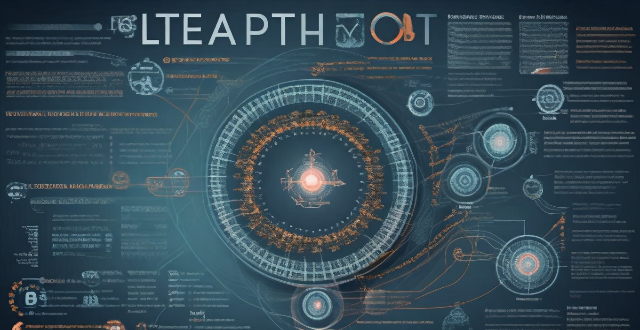The article discusses the relationship between data protection regulations and artificial intelligence (AI) and machine learning (ML). It highlights that these technologies require large amounts of personal data, which raises concerns about privacy and security. The article outlines key considerations for ensuring compliance with data protection regulations, such as transparency, accountability, automated decision-making, and data minimization. It also provides best practices for organizations to implement AI/ML systems while maintaining compliance with data protection laws.

Data Protection Regulations and Artificial Intelligence
Data protection regulations are essential for safeguarding the privacy of individuals in the digital age. As artificial intelligence (AI) and machine learning (ML) become increasingly integrated into various industries, it is crucial to understand how these regulations apply to these technologies. This article will explore the relationship between data protection regulations and AI/ML, highlighting key considerations and best practices for ensuring compliance.
Overview of Data Protection Regulations
Data protection regulations aim to protect the privacy and security of personal information. These regulations typically cover the collection, storage, processing, and sharing of personal data. Some examples of data protection regulations include:
- General Data Protection Regulation (GDPR): A comprehensive data protection law that applies to all organizations operating within the European Union (EU) or offering goods and services to EU citizens.
- California Consumer Privacy Act (CCPA): A state-level data protection law that applies to businesses operating in California or selling products and services to California residents.
- Personal Information Protection and Electronic Documents Act (PIPEDA): A federal law in Canada that governs the collection, use, and disclosure of personal information by private sector organizations.
Application of Data Protection Regulations to AI/ML
Data Collection and Processing
AI/ML systems often require large amounts of data to function effectively. However, data protection regulations impose strict requirements on the collection and processing of personal data. Organizations must ensure that they have a lawful basis for collecting and processing data, such as consent or legitimate interest. Additionally, they must implement appropriate technical and organizational measures to protect the confidentiality, integrity, and availability of the data.
Transparency and Accountability
AI/ML systems can be complex and opaque, making it challenging for individuals to understand how their data is being used. Data protection regulations require organizations to provide clear and concise information about their data processing activities, including the purposes of data collection, the types of data being collected, and how long the data will be retained. Organizations must also establish mechanisms for individuals to exercise their rights under data protection laws, such as the right to access, correct, or delete their personal data.
Automated Decision-Making and Profiling
Many AI/ML systems rely on automated decision-making processes, which can have significant impacts on individuals' lives. Data protection regulations typically require organizations to inform individuals when decisions are made automatically without human intervention and to provide them with an opportunity to request human review of the decision. Additionally, organizations must ensure that their systems do not result in discrimination or unfair treatment based on sensitive attributes such as race, gender, or sexual orientation.
Data Minimization and Retention
To minimize the risk of data breaches and unauthorized access, data protection regulations encourage organizations to collect only the minimum amount of personal data necessary for their intended purposes. Furthermore, organizations must establish clear policies for retaining data only for as long as necessary and securely deleting it when it is no longer needed.
Best Practices for Ensuring Compliance
1. Conduct a Data Protection Impact Assessment (DPIA): Before implementing AI/ML systems, organizations should perform a DPIA to identify potential risks to individual privacy and take appropriate mitigation measures.
2. Implement Robust Security Measures: Organizations should adopt strong encryption techniques, access controls, and regular security audits to protect personal data from unauthorized access or disclosure.
3. Provide Clear and Consistent Notices: Organizations should develop clear and concise notices that explain their data processing activities and comply with applicable legal requirements.
4. Establish Mechanisms for Exercising Data Subject Rights: Organizations should create easy-to-use mechanisms for individuals to exercise their rights under data protection laws, such as online forms or dedicated email addresses.
5. Continuously Monitor and Review AI/ML Systems: Organizations should regularly review their AI/ML systems to ensure they remain compliant with evolving data protection regulations and best practices.
6. Train Employees on Data Protection Principles: Organizations should provide training to employees involved in AI/ML projects on data protection principles and their responsibilities under applicable laws.
7. Collaborate with Stakeholders: Organizations should work closely with regulators, industry associations, and other stakeholders to stay informed about emerging trends in data protection and best practices for AI/ML compliance.